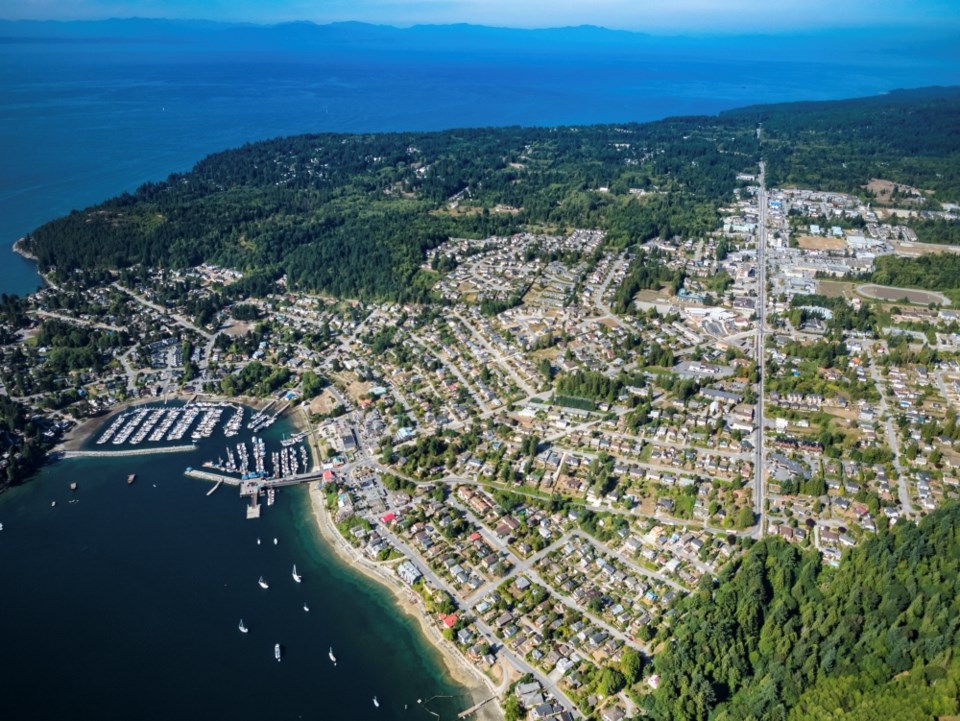Editor:
I share my neighbour Michael Storr’s concerns about the unsustainable growth of local taxes, and will do my best to answer his questions as to why his taxes have gone up so much since 2016.
The biggest reason is asset management. A lot of the infrastructure associated with communities’ growth in the mid-20th century is reaching end of life. Water mains, sewer mains, treatment plants, roads etc. need replacing. (I would almost scratch “roads” because we need to accustom ourselves to lower standards due to limited funds and greater costs.) Meanwhile, there was little asset management planning until about 15 years ago, so we’re also saving money for future replacements.
Compounding this, inflation for municipal services has skyrocketed. In Gibsons, we recently learned that since the last time we updated our water and sanitary sewer long-term financial plans, replacement costs (of water mains, sewer mains, hydrants, valves, meters…) have doubled. So perhaps general inflation since 2016 has been 25% but inflation for many municipal costs has been around 100%.
The second biggest reason is it has become routine for the provincial and federal governments to download responsibilities to local governments without sufficient funding, or not funding their own services while knowing local governments will need to pick up the slack. We’re at the bottom of the pyramid so cannot download to anyone else. The latest, most significant example of the downloading is the 10% tax increase over the past two years (which we’ll need to duplicate the next two years) to pay for policing costs dumped down from the province in 2027.
Finally, although Mr. Storr fairly characterized his concerns about his 74% increase over eight years in property taxes collected by Gibsons, I want to elaborate that based on property assessments, taxation impacts properties differently, and also that in 2024 only 46% of that tax collected actually goes to the Town, while 54% goes to other agencies. Comparing my own tax notices, I am paying 49% more than I did in 2016 with my Town taxes having gone up 50%, police taxes up 68%, fire service taxes up 82% and SCRD taxes jaw-droppingly up 161%.
Silas White
Mayor, Town of Gibsons



